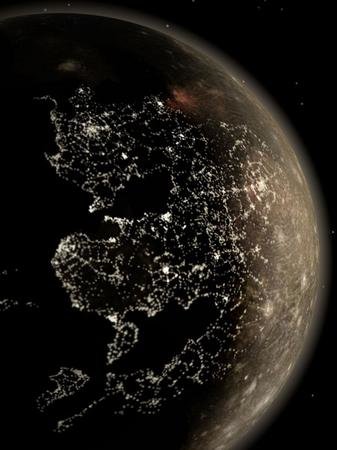
People insist that government must interfere in the free market economy in order to prevent — or correct — “market failure.” Let’s think about this term “market failure.” A market refers to millions of different business transactions going on at the same time. This includes everything from buying a pack of gum at a convenience store, to billion-dollar real estate or stock transactions, and everything in between. To say there’s such a thing as “market failure” is merely to acknowledge the obvious: That people sometimes make errors. As a result, the claimed need for government intervention amounts to the following: “Because human beings sometimes make errors, government must intervene to correct those errors, as well as prevent them.” This is the rationale behind one-hundred percent of today’s government policies, and behind more of its policies than not for about the last century or so. Every time something goes wrong, it’s blamed on “market failure.” Every time something goes right, the administration and Congress in power are given credit. Collective action by bureaucrats and politicians is assumed to be the reason for all of human progress and development; individual action by human beings is thought to be the reason for all error, bad judgment or even dishonesty. But this makes absolutely no sense. Human beings are in charge of their actions either way. Whether those actions are right, wrong or debatable — it’s human beings making them. It’s futile and silly to try and legislate into existence a situation where human beings can be protected from their own fallible natures — by human beings who choose to enter careers in government, of all things! Laws to negate and punish fraud, theft or initiation of violence are one thing. You surely cannot have civilization without them. At the same time, laws enacted to, in effect, create businesses, generate profit, or achieve innovation and ingenuity — does anyone seriously believe that government can actually create these things?
